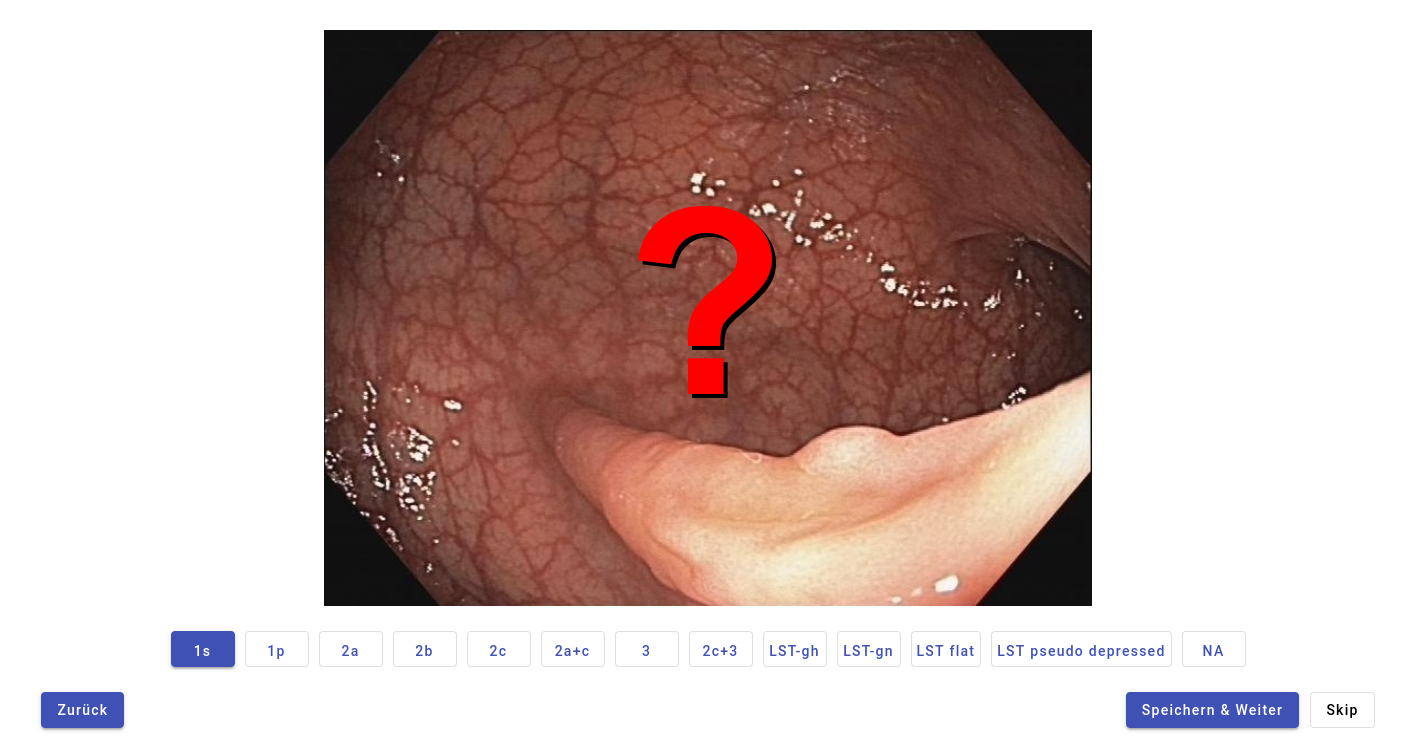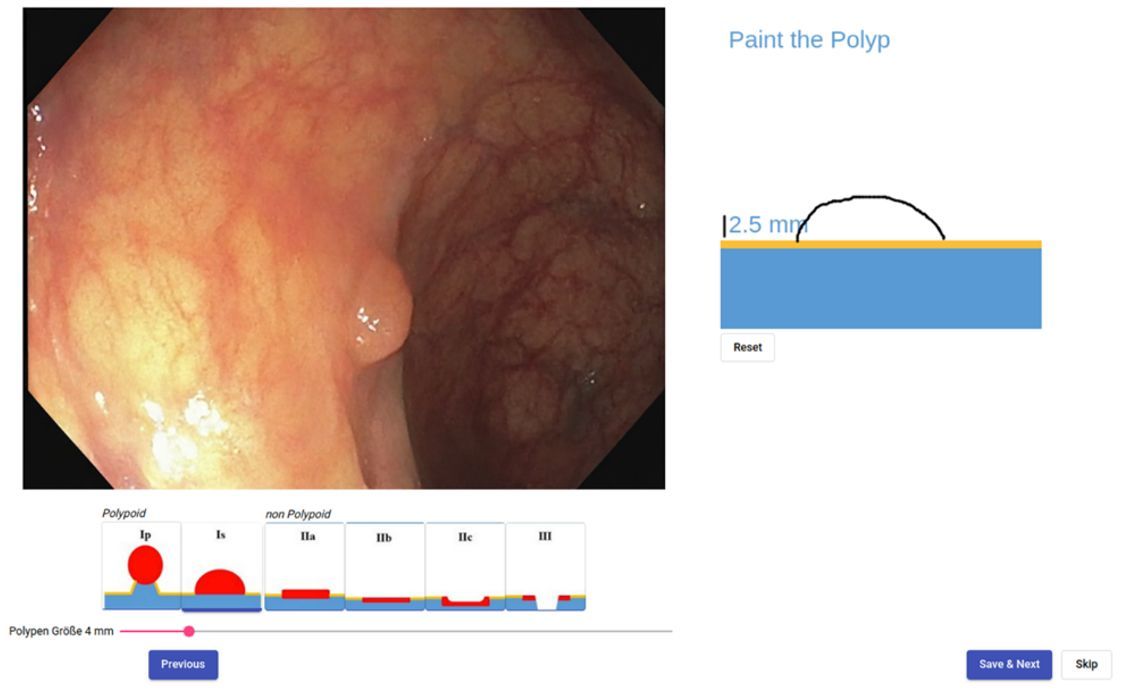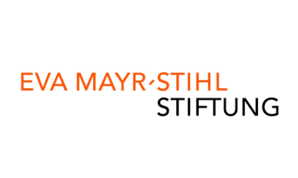Lutetia: Improving colorectal cancer screening by training physicians with an AI-powered learning system
Training in endoscopy is essential for detection of precursor lesions and thus prevention of colorectal cancer. So far, this training has been conducted during clinical practice as part of patient care. Thus, classic training usually provides a spectrum of findings specific for each center. However, some findings are not very common, especially certain types of precancerous lesions. This brings a risk that the examiners may not recognize them as such or may not be able to classify them correctly.
We developed a publicly accessible, free learning and Artificial Intelligence-based platform called Lutetia. This platform aims to train physicians in recognizing these precursor lesions and enhance skills in the classification of precancerous lesions. Experts can correctly classify images of precancerous lesions. Those classifications can be additionally justified using a drawing field and further tools. Using this method the same platform enables learning based on expert-annotated images. Hence, the classified images will be made available for learning by non-experts. The usage of the platform and learning outcomes will be continuously scientifically monitored to achieve the best learning effect for physicians through interventions.
Example image of a colon polyp with different classification options below. Users can explain their classification choice using the drawing field.
Thanks to the support from Prof. WG Zoller at the Katharinenhospital in Stuttgart. We have collected numerous high quality endoscopic videos over the past years as part of collaborative research. These videos will be used in the proposed project to provide a wide range of common to rare precursors as training material for the AI.
This project is kindly funded by the Eva Mayr-Stihl Foundation.








